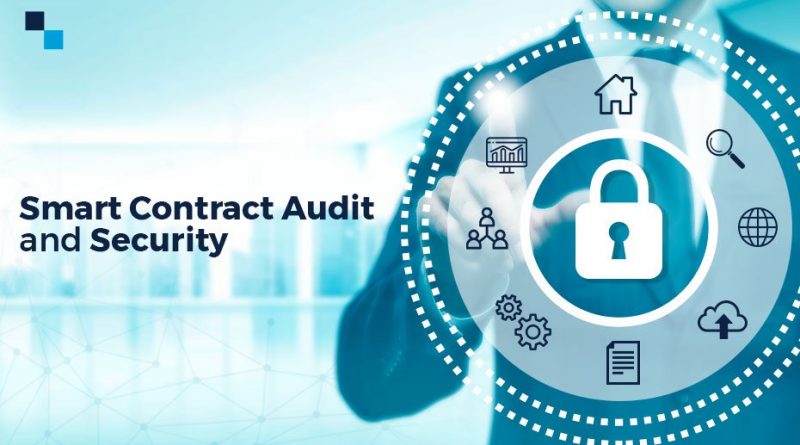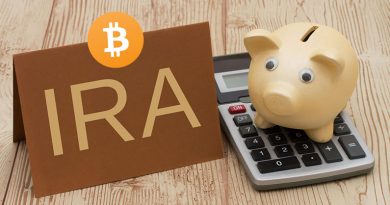What is smart contract auditing?
Audits of smart contracts are costly and frequently performed by a third party to ensure that they are thorough and unbiased.
The code of a smart contract development cannot be modified once it has been written on the blockchain because it cannot be updated.
Common defects like stack issues and compilation failures must be spotted in order for smart contracts to be properly audited. In addition, they must investigate the host platform for weaknesses. A machine or a human can inspect a smart contract.
The auditing of smart contracts is straightforward.
New firms are hesitant of taking chances because of the poor market performance of their predecessors. The reason why they utilize smart contract audits is because they want to prove to investors that the code is safe. The auditor’s certificate may be more important than the auditor’s report at times.
In contrast, those who audit large projects are well-known and have a long history of success. They care more about the audit’s increased security than the certificate.
It’s safe to say that practically all smart contract auditors are fully booked six months in advance at this point.
Anyone interested in having their smart contract audited can feel free to reach out to the auditors directly.
There are various approaches to conduct a smart contract audit, but the primary aim should be to ensure that the code is error-free and efficient.
Automation of smart contract audits is now possible thanks to a variety of strong tools developed by a variety of firms, making it more economical than it was in the past.
As in-house audits grow easier, many developers still prefer the aid of a third-party auditor.
How does DeFi work?
Decentralized finance, often known as DeFi, is a financial system that eliminates the need for middlemen in financial transactions. It is a blockchain-based distributed ledger system that uses Ethereum. Automated software programs called “smart contracts” developed by DeFi allow a wide range of financial transactions to be carried out under certain conditions.

What are some of the leading DeFi Protocols?
yEarn Finance, the brainchild of DeFi’s Andre Cronje, is one of the most intriguing ventures. yEarning Money When it comes to citizen engagement, the grassroots government movement has gotten a lot more people involved.
It’s safe to say that YFI (the platform’s token) is the most fair distribution method since Bitcoin. The project’s creators and investors did not pre-mine or distribute tokens. Instead, yEarn’s liquidity mining strategy makes the whole supply available.
Whales are always the winners in token farming tournaments. YFI token purchases by huge businesses are nothing new.
YEarn Finance does not have a decentralized autonomous structure for on-chain voting reasons. Instead, yEarn employs a six-of-nine multisig that is democratically controlled. For security concerns, multisig wallets are not advised for treasury management.
A DAO i made up of five to ten elected members as well. Token holders can contest executive decisions and dismiss members of the DAO in a DAO, on the other hand.The DAO era began in Aave. On-chain voting is available in the DAO for the aim of putting plans into effect. In the event of a shortage, hidden AAVE tokens might be useful. It is the goal of protocol fees to compensate participants for their willingness to take on this risk.
The long-term sustainability of the procedure is ensured by the commercial availability of stalled AAVE
After this, Aave’s initial team members will no longer have complete control over him. Aave has now been elevated to the status of a DeFi priority as a result of this change.
On-chain governance was pioneered by MakerDAO, the original DeFi protocol. Just a few days ago, the Maker Foundation relinquished control of the MKR funds to the community at large.
The Maker Foundation, unlike Synthetix, has lasted. When it was all said and done, it was downgraded to merely being a member of the board of directors.
It is possible for holders of the tokens of the Maker Protocol to modify the protocol itself. Suggestions that have been approved by on-chain voting will be implemented. The DAO now has to decide whether or not to include collateral assets in its risk guidelines.
According to data from CoinDesk, just 5 percent of tokens in the Maker ecosystem vote on average. Strong whales unilaterally swing the vast majority of votes. Funds like a16z and Polychain Capital possess MKR supply.
The exact date of the issuance of MKR tokens is still up in the air. In the absence of Maker participating in an ICO (ICO). Instead, they kept selling tokens to the market.
The first DAO to use a local currency was Maker. The value accretion method uses the cash flow supplied by the stability charge to burn tokens instead of paying users. The failure of the burn mechanism is clearly demonstrated by the MKR price.
Burned tokens lose value since the supply of MKR is unlimited. In the event of a protocol mismatch, tokens are given to make up the difference. Since December 2017, the network has generated more tokens than it has in one month, in March 2020.
How to get started with DeFi”
Financial services on public blockchains are referred to as “decentralized finance” under the umbrella name DeFi. Instead of being governed by a central provider, DeFi is a completely decentralized system.
Many users have taken advantage of the system’s ease of use to earn interest, trade derivatives, and complete other related tasks. Nobody else is involved in this transaction. The technology has a lot of curiosity and is also safe.
In other words, investors and traders are easing their way into DeFi bit by bit. Read on to learn all you need to get started with Defi.
Traditional financial intermediaries were disrupted by DeFi. Using blockchain technology, it is available on the Ethereum platform and may be found there.
Consider it an amalgam of software development, encryption, and finance that promises to provide you greater control over transactions.
Financial operations such as insurance purchases and borrowing may all be carried out with DeFi without the need for a bank account. However, there is a snag: these operations are not being monitored by a central authority or a third party organization.
Peer-to-peer technology known as DeFi is extremely quick and doesn’t rely on a central server to transport traffic. It indicates that the transactions take place between two individuals without the intervention of any third parties. Not even difficult paperwork is an issue!




